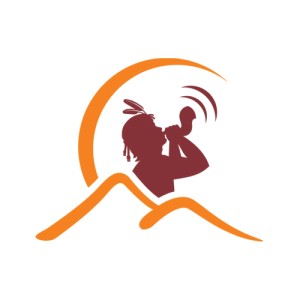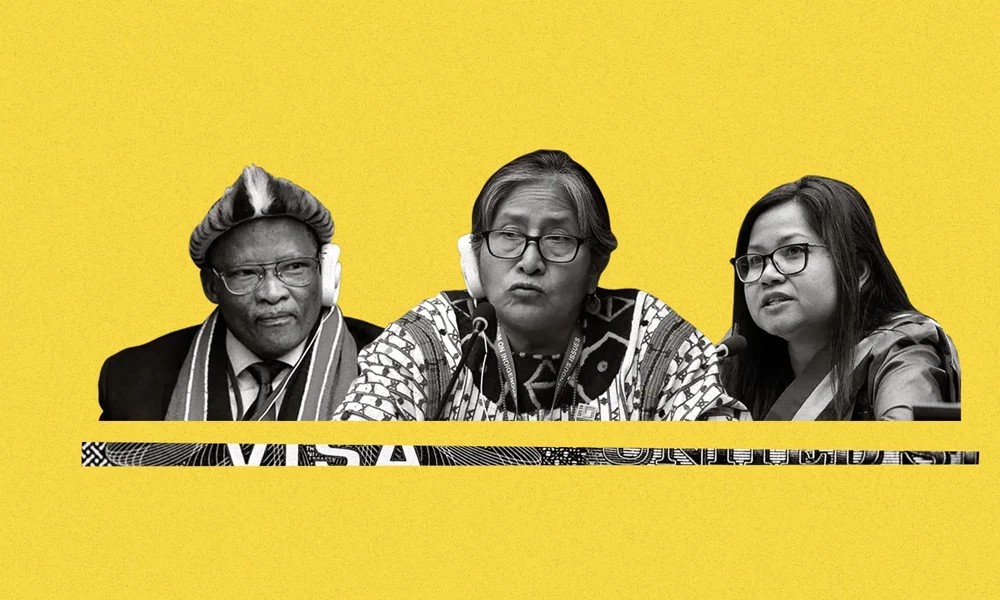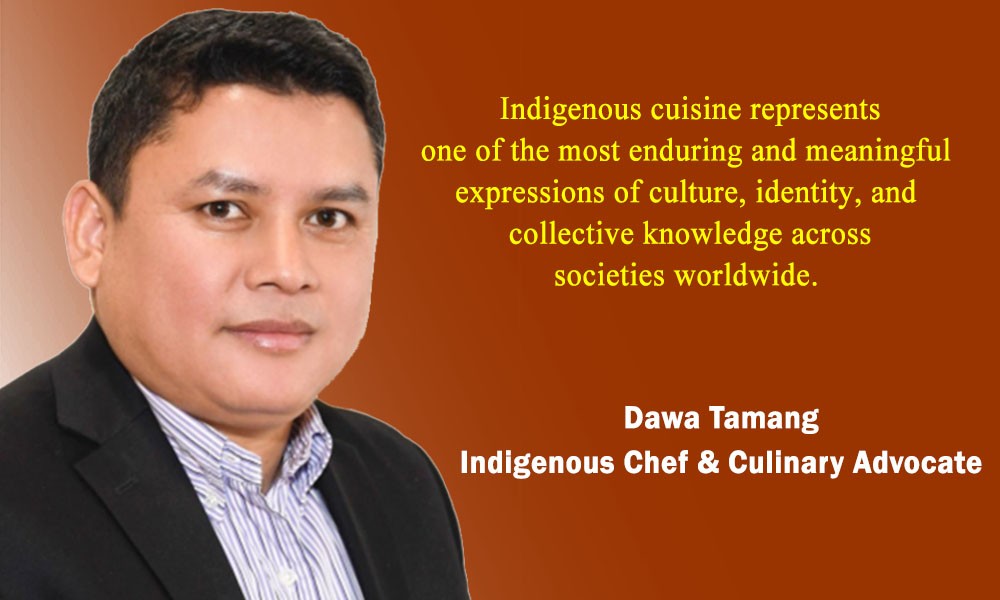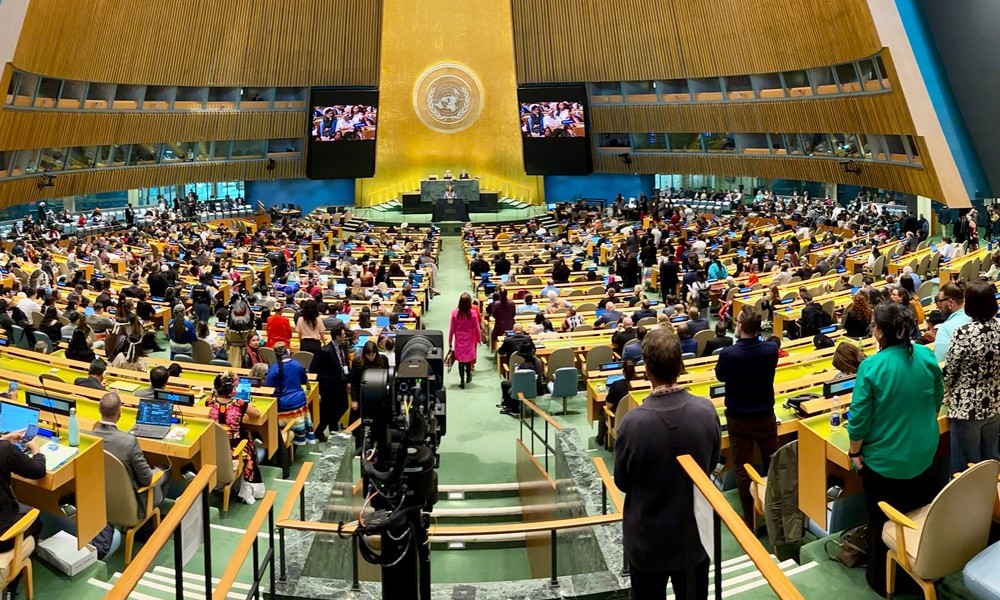By Anita Hofschneider
Last Thursday, Hanieh Moghani, a legal scholar from Iran, was scheduled to attend a private meeting at United Nations headquarters in New York City with more than a dozen Indigenous experts from around the world.
But Moghani was more than 5,000 miles away in Iran, waiting for her visa to arrive.
“It is very, very stressful,” she said.
Moghani is one of 16 core members of the United Nations Permanent Forum on Indigenous Issues, or UNPFII, the highest-ranking body within the U.N. system that deals directly with Indigenous peoples’ concerns, and was appointed to the position in 2023 by the United Nations. She has not received any explanation for why her visa is delayed.
It wouldn’t be the first time — it’s not easy to get a visa from Iran to the United States, and she experienced a similar delay two years ago – but she is among a number of people hoping to attend the UNPFII who have encountered visa delays or denials this year, according to interviews with Indigenous advocacy organizations and forum attendees. Their difficulties entering the U.S. come as the Trump administration seeks to tighten border controls and increase deportations, including targeting pro-Palestine activists.
The Trump administration's border policies are expected to have a big impact on this year’s largest gathering of Indigenous leaders, activists, and policymakers.
The UNPFII is the largest convening of Indigenous peoples globally where advocates will talk about issues ranging from climate disasters to the effects of critical mineral mining in Indigenous communities. Moghani still holds out hope that she might receive her visa, and said the Permanent Forum is an important venue for asserting Indigenous rights.
“This is a matter of justice: the right to full and effective participation of all Indigenous peoples,” said Moghani.
Visa challenges are so pronounced this year that all three U.N. offices representing Indigenous peoples — the Permanent Forum, the Expert Mechanism on the Rights of Indigenous Peoples, and the Special Rapporteur on the Rights of Indigenous Peoples — issued a letter this month calling on U.N. member states to “to take all necessary measures to facilitate the timely issuance of visas and ensure unimpeded access for all Indigenous participants and Mandate Holders invited to attend United Nations meetings and forums.”
“Regrettably, recent experiences have highlighted challenges in visa issuance and access to meeting venues, which place at risk the meaningful engagement of Indigenous participants in critical discussions,” their joint letter says. “These barriers can have profound consequences for the inclusion of Indigenous voices at the international level.”
Kevin Johnson, dean of the University of California at Davis School of Law, said the delays are unsurprising given that there has been a slowdown of visa approvals since Trump took office in January.
“The Trump administration has turned immigration policy on its head,” he said. “Even if it’s for a U.N. event, I don’t think that’s a priority of the Trump administration.”
Regrettably, recent experiences have highlighted challenges in visa issuance and access to meeting venues, which place at risk the meaningful engagement of Indigenous participants in critical discussions.
The Permanent Forum on Indigenous Issues was established in 2002 after decades of lobbying by Indigenous advocates who felt that the United Nations’ system — with its emphasis on U.N. member states — was failing to address the needs of Indigenous peoples. Since then, representatives of Indigenous nations have gathered annually at the U.N. headquarters in New York City to talk about the most pressing issues facing their communities, ranging from mercury poisoning to oil pipelines snaking through their homelands.
At the conclusion of the 10-day gathering, the 16 expert members of the forum — who are appointed for rotating terms — write up a report summarizing concerns, then pass that information to U.N. agencies or members. For example, during the early years of the COVID-19 pandemic, the forum’s work helped spur UNICEF to issue a call to action affirming Indigenous children’s right to education after the pandemic prompted widespread school closures. Hannah McGlade, who is an Indigenous Kurin Minang Noongar and a human rights lawyer from Australia, has been one of those expert members since 2019, said the forum is a valuable opportunity for Indigenous peoples to not only raise awareness about their concerns among governments, but also increase the responsiveness of state leaders.
Anita Hofschneider is associated with Grist. This story is published through the Indigenous News Alliance.









